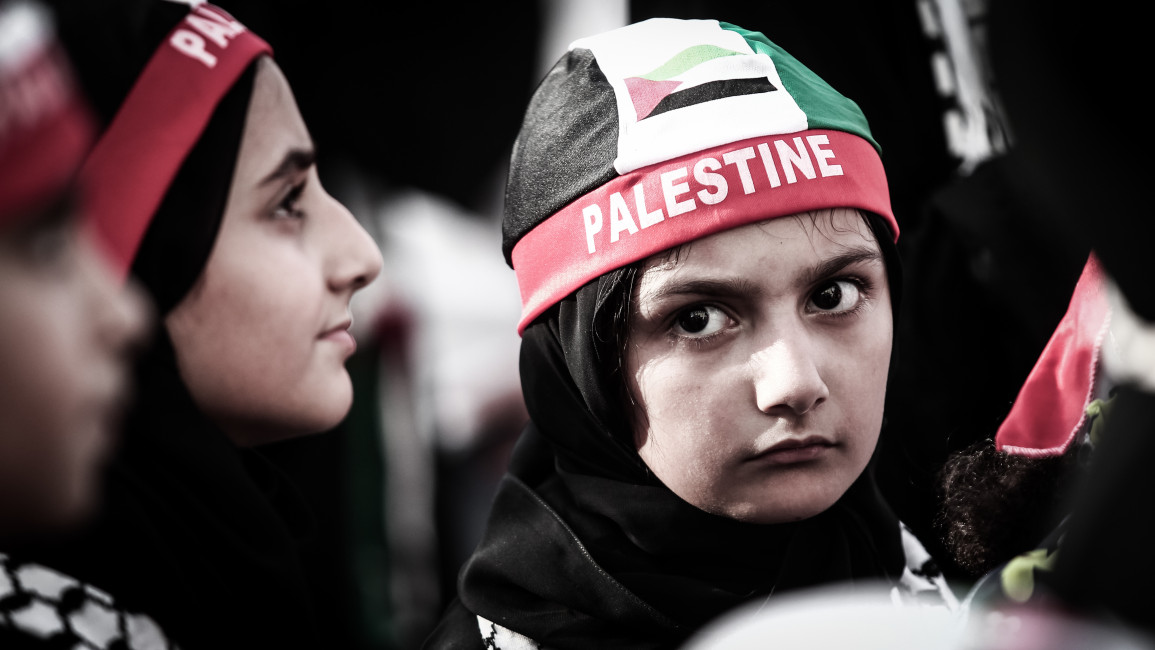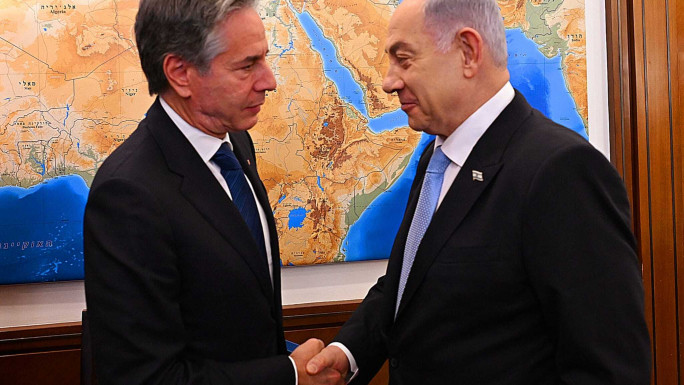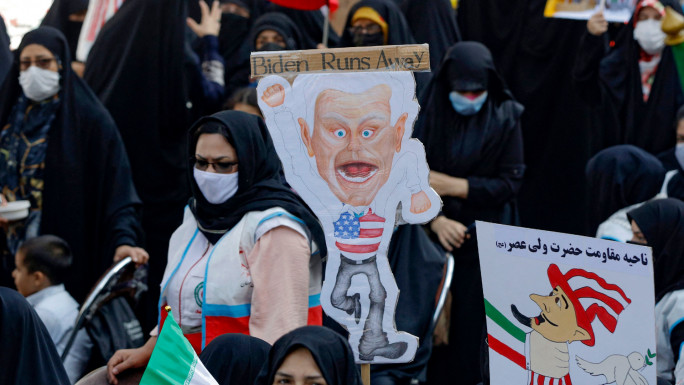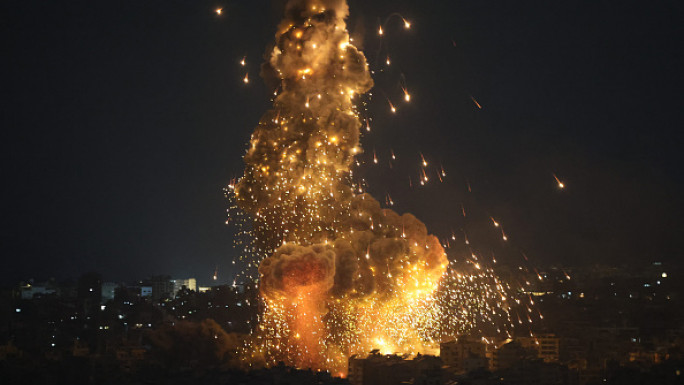
Palestine is the lynchpin of regional liberation
This last year has been horrific for Palestine and for the peoples of the region. The ongoing genocide in Gaza has brought unprecedented levels of violence and destruction.
Those killed in Gaza both from the bombardments and from genocide-related causes — such as lack of medical care — are estimated to reach over 200,000. Meanwhile, Gaza’s built environment has been totally decimated.
The invasion of Lebanon, whilst shocking on the one hand, is a rather predictable outcome of Zionist settler colonialism on the other, which not only continues at an aggressive pace unabated but is also armed and funded by the US, the UK and European countries.
Amidst this horror, the international legal regime has failed to do what it claims to be mandated for; to protect those most vulnerable, especially in situations of violence.
Whilst many states and institutions have largely failed the Palestinian people, at a grassroots level we have seen monumental support. Cities across the world have been sites of continuous demonstrations and civil disobedience since October 2023. People have been arrested, harassed, lost jobs, suspended from universities and much more for simply standing with the Palestinian people. In the region, there has also been overwhelming support and manifestations of solidarity for Gaza and Palestine.
In Jordan, where a considerable portion of the population is of Palestinian descent, demonstrations have been both sizable and consistent. In Amman, in particular, they have often taken place outside the Israeli embassy with the demands focusing on ending normalisation with Israel, including the suspension of all trade deals. These demands have also expanded to ending the country’s ties with the US.
Indeed, the two issues are understood as directly linked – following the 1994 peace agreement with Israel, Jordan opened the floodgates to billions of dollars worth of financial and military aid from the US.
Since then it has continued to benefit in cooperation and weapons deals – much of which is passed by royal decree, bypassing parliament. For the US, this is a crucial relationship as Jordan serves as a vital actor for a “stable” Middle East, not only because of its strategic location but also because of its relationship with the West.
In this context, the notion of stability is essentially a violent one that requires Western allied powers to keep their people under authoritarian and/or undemocratic rule and to normalise relations with Israel.
Unsurprisingly, some of the demonstrations in Jordan have resulted in clashes with the security forces. There have also been many arrests. The Jordanian authorities have had to balance between allowing the protests to take place, whilst also keeping an eye out to make sure they don't transform into a call for regime change. Indeed this is a common fear of regimes in the region — that Palestine protests will have people questioning their own freedoms.
Palestine is still the issue
In Egypt, Alaa Abd El Fattah, writer and political prisoner, wrote that "the roots of the revolution lie in the solidarity demonstrations with the Second Intifada" because for many, the Palestinian liberation struggle is not just about Palestine. Rather it is a symbol for the struggle for freedom everywhere.
In Bahrain for example, solidarity demonstrations were met with a brutal crackdown by security forces, and people of all ages – including children – were arrested for taking a stand against the genocide in Gaza.
As one human rights researcher explained; “Bahrain’s government is so fearful of its own people’s just demands that it cannot even stomach children protesting for other people’s freedom, let alone their own."
In other countries, such as Saudi Arabia, where protests and expressions of solidarity with Palestinians are effectively banned, polling tells us that there is still overwhelming popular support for the struggle and that there is strong opposition to the increasing normalisation with Israel. Indeed a country’s ability to brazenly normalise relations runs in tandem with the strength and stability of the authoritarianism to which its people are subjected.
Whilst Saudi Arabia has yet to normalise, there is strong evidence to suggest that it was on the cusp of doing so before the genocide. Saudi’s Crown Prince, Mohammed Bin Salman, recently told US Secretary of State Anthony Blinken that he “does not personally care about the Palestinian issue” but that the Saudi population does and therefore has to tread carefully with regards to normalisation.
Over the last year, it has become clear that there is increasing awareness among people in the region that Palestinian freedom is inherently tied to their own liberation in a very material way.
The calls for a renewed Arab Spring earlier this year – in response to the complicity of the Arab regimes with the ongoing genocide – underscores this growing consciousness.
Keeping people oppressed and under authoritarian regimes serves US imperial interests and by extension the interests of the Israeli regime. Because if the people of the region had representative leaders that were democratically elected, the official responses to the genocide would look very different indeed. And so once again, Gaza has imparted an important lesson; that the Palestinian struggle is the lynchpin to regional liberation.
Yara Hawari is the Senior Analyst of Al-Shabaka, the Palestinian Policy Network.
Follow her on X: @yarahawari
Have questions or comments? Email us at: editorial-english@newarab.com
Opinions expressed in this article remain those of the author and do not necessarily represent those of The New Arab, its editorial board or staff.

![Palestinian women have been facing sexual and reproductive violence at the hands of Israeli forces for over a year [Getty]](/sites/default/files/styles/image_684x385/public/2174172095.jpeg?h=a5f2f23a&itok=urDtDTO9)





